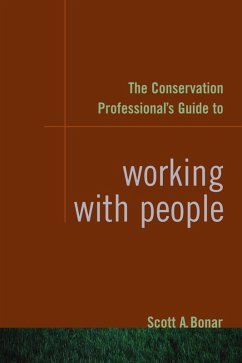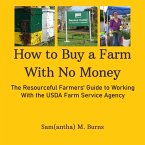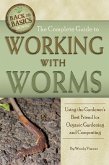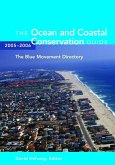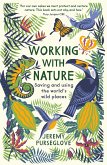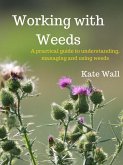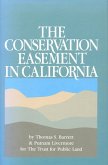Successful natural resource managemis much more than good science; it requires working with landowners, meeting deadlines, securing funding, supervising staff, and cooperating with politicians. The ability to work effectively with people is as important for the conservation professional as it is for the police officer, the school teacher, or the lawyer. Yet skills for managing human interactions are rarely taught in academic science programs, leaving many conservation professionals woefully unprepared for the daily realities of their jobs. Written in an entertaining, easy-to-read style, The Conservation Professional's Guide to Working with People fills a gap in conservation education by offering a practical, how-to guide for working effectively with colleagues, funders, supervisors, and the public. The book explores how natural resource professionals can develop skills and increase their effectiveness using strategies and techniques grounded in social psychology, negotiation, influence, conflict resolution, time management, and a wide range of other fields. Examples from history and currevents, as well as real-life scenarios that resource professionals are likely to face, provide context and demonstrate how to apply the skills described. The Conservation Professional's Guide to Working with People should be on the bookshelf of any environmental professional who wants to be more effective while at the same time reducing job-related stress and improving overall quality of life. Those who are already good at working with people will learn new tips, while those who are petrified by the thought of conducting public meetings, requesting funding, or working with constituents will find helpful, commonsense advice about how to get started and gain confidence.
Dieser Download kann aus rechtlichen Gründen nur mit Rechnungsadresse in A, B, BG, CY, CZ, D, DK, EW, E, FIN, F, GR, HR, H, IRL, I, LT, L, LR, M, NL, PL, P, R, S, SLO, SK ausgeliefert werden.

